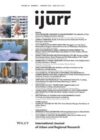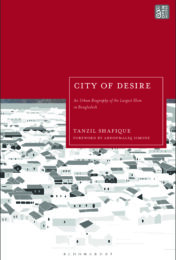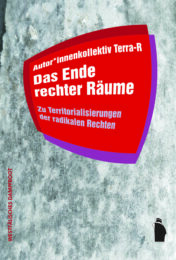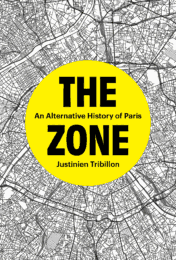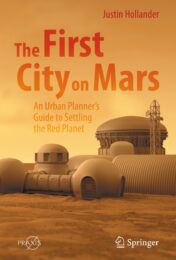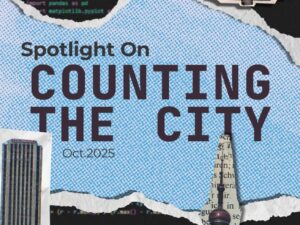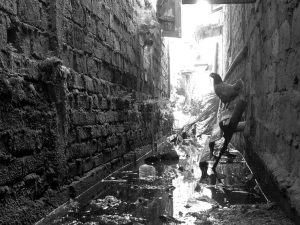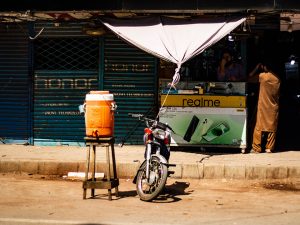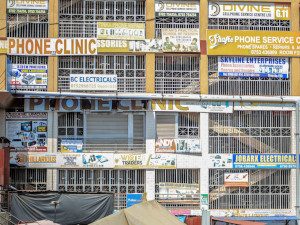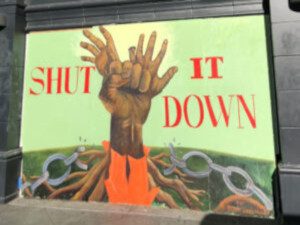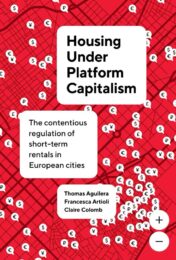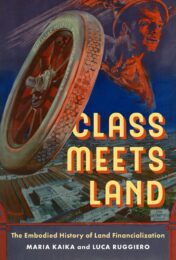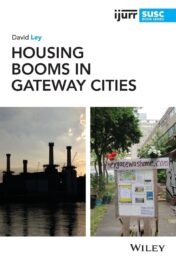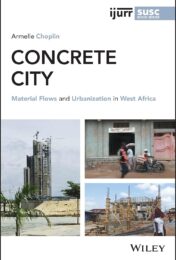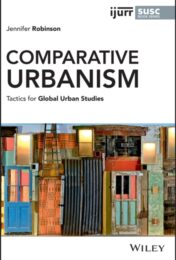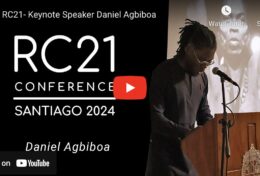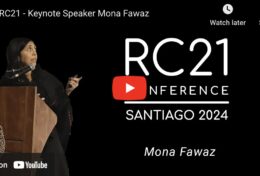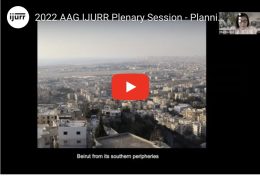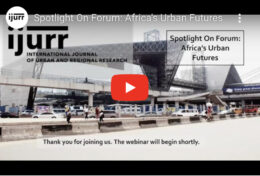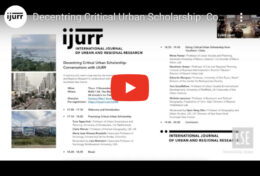RECENTLY IN IJURR
EXPERT FIXERS: Bureaucratic Informality, Brokerage and the Politics of Land in Mumbai
Based on ethnographic fieldwork within the Brihanmumbai Municipal Corporation (BMC), this article illustrates the ‘field of fixing’, a brokerage structure that operates alongside Mumbai's urban bureaucracy. Scholars of Southern urbanism have extensively written about the role of informalized state action in...
‘MAN MUST CHOP!’: Agency of Potholes, Informal Road Menders and Socioeconomic Survival on a Sub-Urban Road in Nigeria
Owing to Nigeria's poor road maintenance culture, informal road menders (IRMs) have emerged who fill potholes on urban and sub-urban roads in exchange for money from road users. This article interrogates the micropolitics of this phenomenon as a relatively new means of informal livelihood within the context of the...
ATHENS’S PHILANTHROCAPITALIST LANDSCAPE WITHIN THE CRISIS–AUSTERITY CONJUNCTURE
The hegemony of neoliberal and austerity policies, which became further entrenched within the continuum of crises unfolding in the past 30 years, has provided ample opportunities for corporate actors and foundations to gain an increasingly decisive role in aspects of social and political life and governance. In...
JANUARY ISSUE

A detail from a contribution to the ‘Siamo Tutte Elettra’ project exhibition, which featured manifestos, collages, brochures and other new materials created from archival collections (source: Design students of ISIA (Istituto Superiore per le Industrie Artistiche di Firenze), 2023)
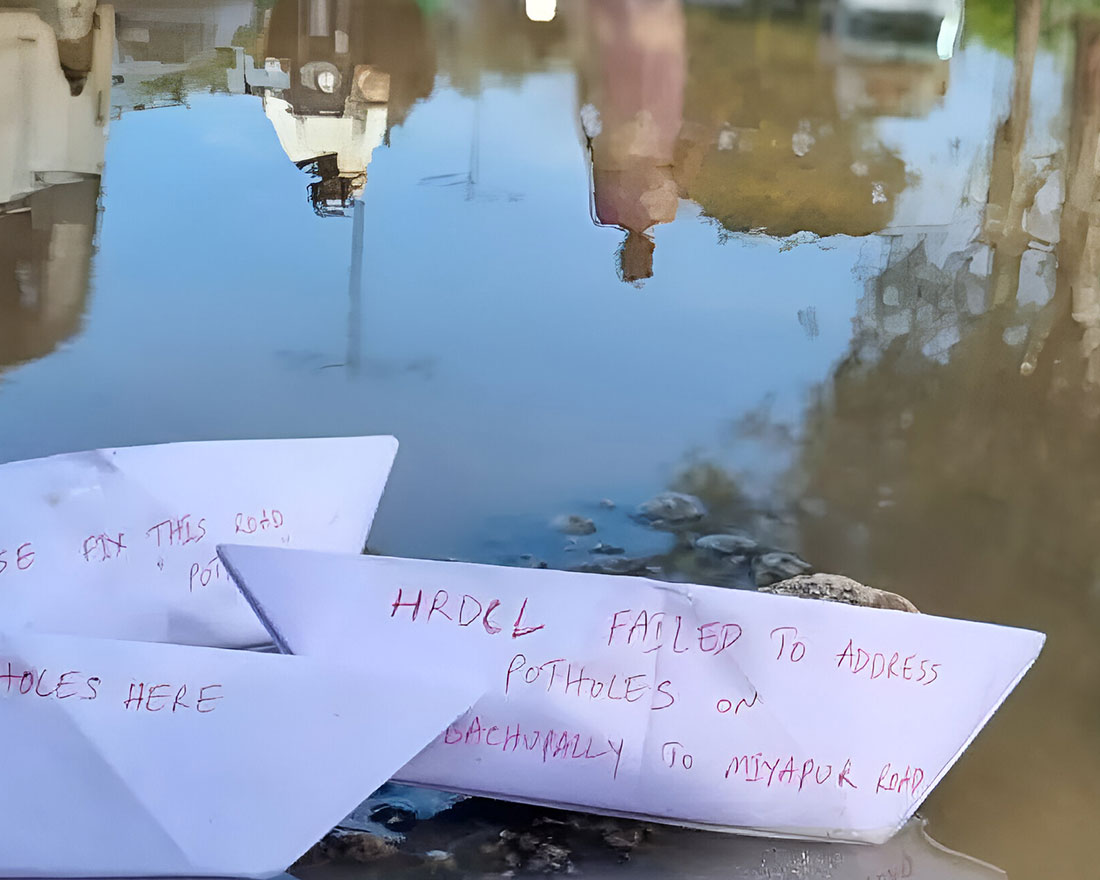
Floating complaints: citizens stage a creative protest by floating paper boats in a pothole, directed at the state agency responsible for road maintenance (reproduced with permission of Vinay Vangala)
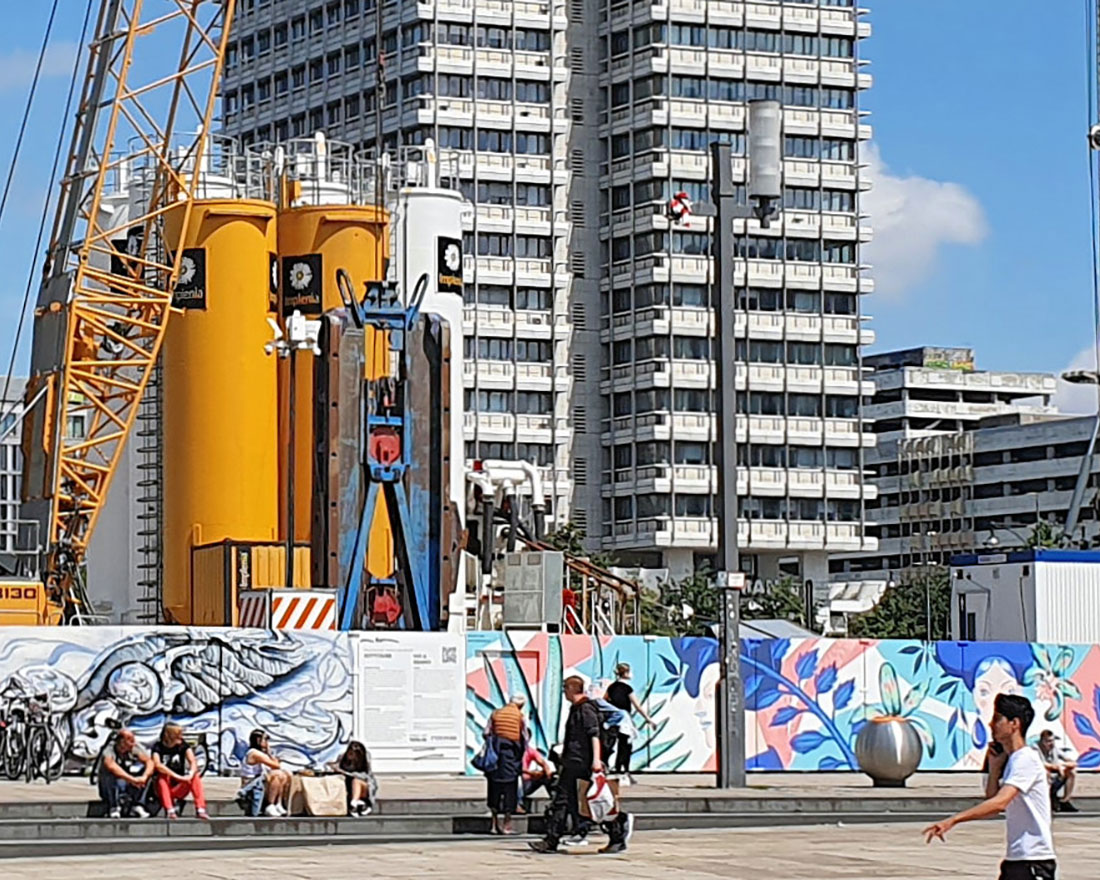
A detail from the A-Fence art project around the construction site of a future mixed-use tower at Alexanderplatz, Berlin (Germany) (source: Claudia Seldin, July, 2021)
